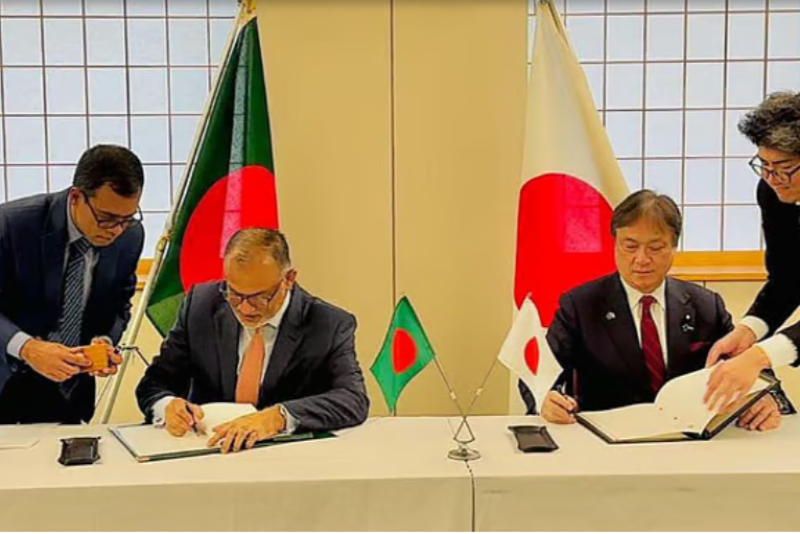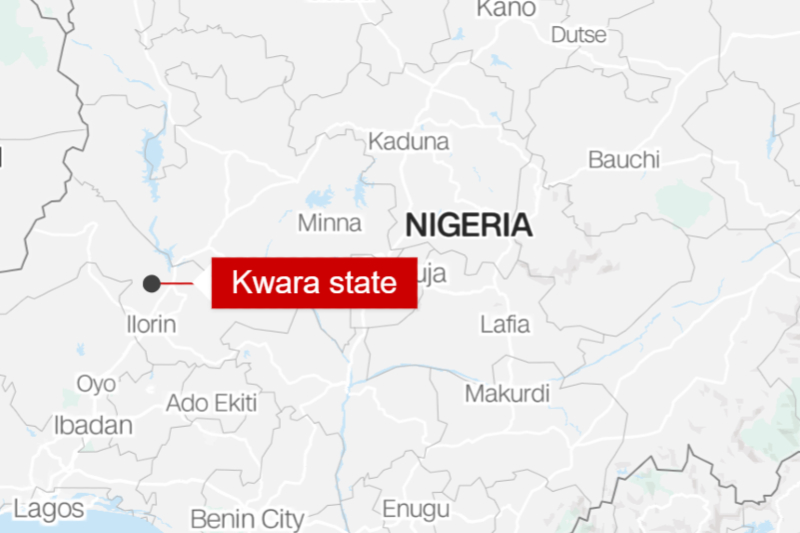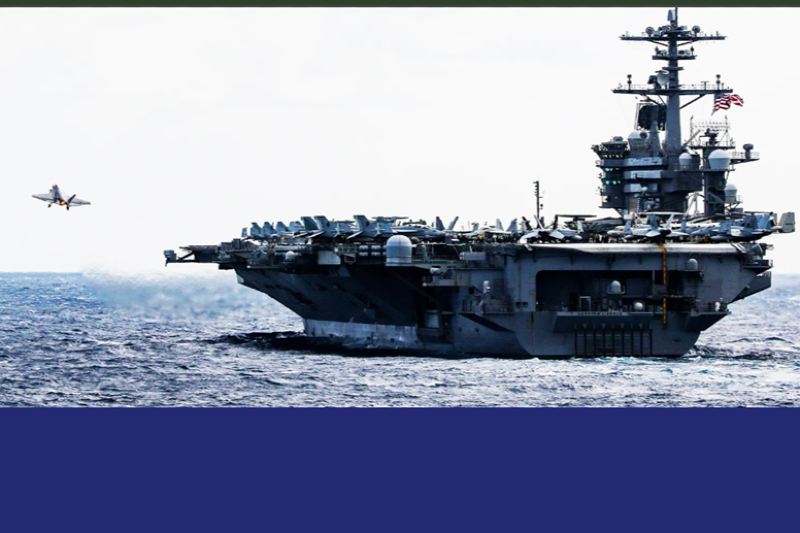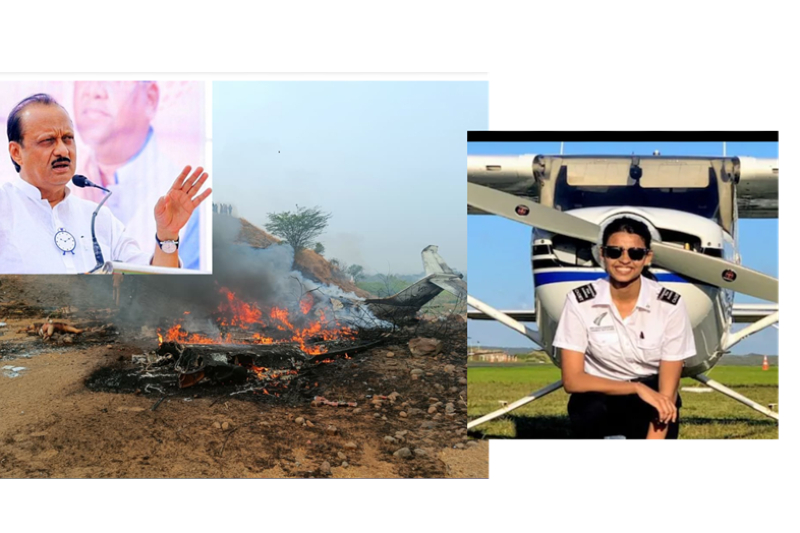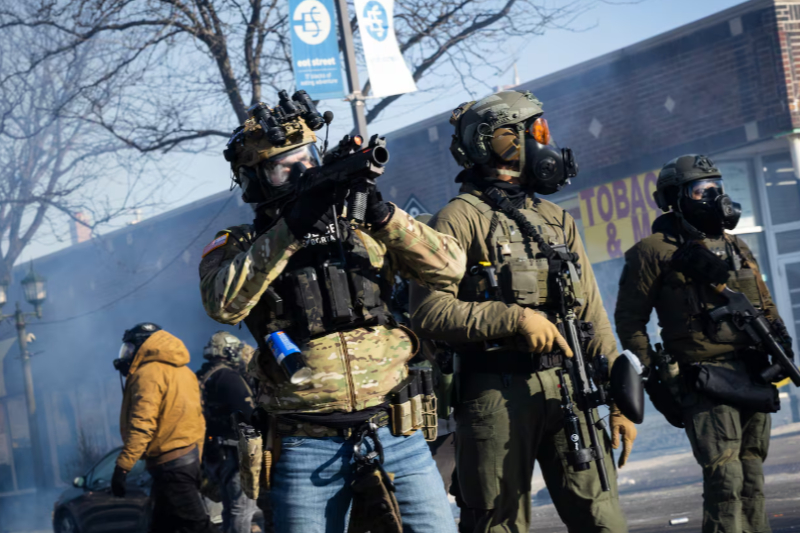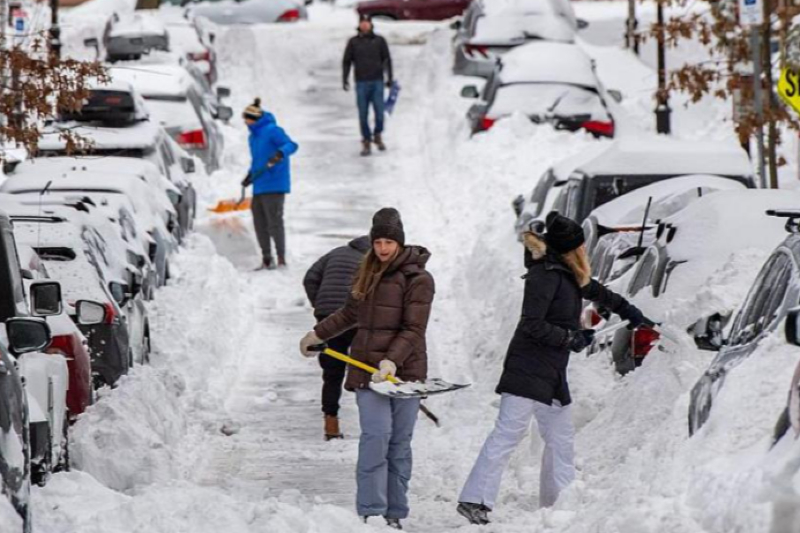UK Withdraws Embassy Staff from Tehran as Iran Hits Israel Again
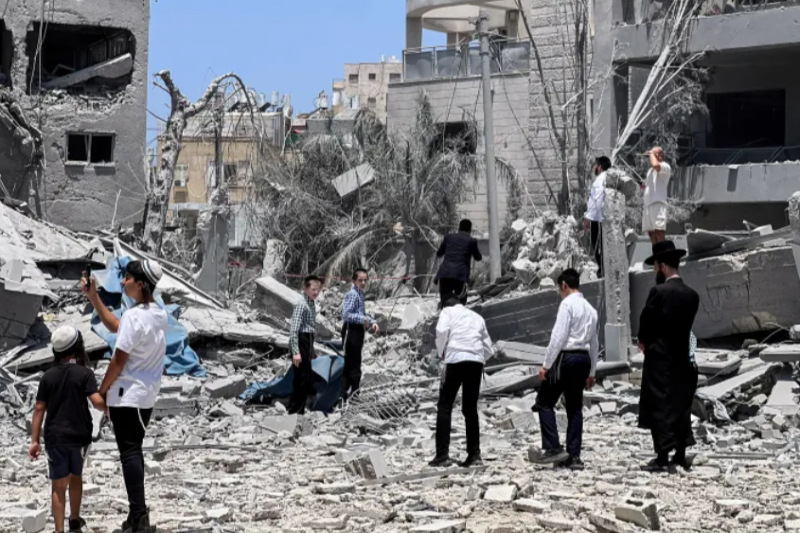
In response to escalating tensions in the Middle East, the UK Foreign Office has announced the withdrawal of staff from its embassy in Tehran.
Officials say the move is a "precautionary measure" amid ongoing hostilities between Iran and Israel.
The latest developments saw Iran fire another wave of missiles at Israel this afternoon, with at least one projectile striking the northern city of Haifa.
Earlier in the day, Israel reported hitting numerous sites inside Iran, including what it described as facilities linked to missile production in Tehran.
As the conflict intensifies, diplomatic efforts continue in Geneva, where the foreign ministers of the UK, France, and Germany are in talks with Iranian officials. The discussions aim to defuse the situation and prevent a broader regional war.
Meanwhile, U.S. President Donald Trump has given a two-week window for diplomatic efforts before deciding whether the U.S. will intervene militarily.
Despite this, Iran’s foreign minister has dismissed the prospect of negotiations with Washington, stating that Tehran is not seeking talks "with anyone," particularly the United States.
While U.S. officials remain doubtful about the effectiveness of the Geneva discussions, a White House spokesperson said diplomacy is still on the table.
Rising Tensions and Threats
The war of words between Israeli and Iranian leaders has also intensified. Israeli Prime Minister Benjamin Netanyahu has hinted that Iran’s Supreme Leader, Ayatollah Ali Khamenei, could be directly targeted, declaring that “no one in Iran should feel immune.” This follows a statement from Israel’s defense minister who said Khamenei “must not be allowed to continue to exist.”
Nuclear Fears Grow
The head of the International Atomic Energy Agency (IAEA), Rafael Grossi, has issued a stark warning about the potential consequences of a strike on Iran’s Bushehr nuclear facility.
Speaking to the UN Security Council, Grossi emphasized that an attack on the site could lead to “a very high release of radioactivity,” threatening populations hundreds of kilometers away.
Grossi explained that Bushehr, which houses significant quantities of nuclear material, poses the highest risk among Iran’s nuclear sites.
Its southern location means it is closer to several regional capitals allied with the U.S. than it is to Tehran, prompting heightened concerns across the region.
He cautioned that a direct hit could severely damage the plant’s operations, and even attacks on its power systems could lead to a meltdown of the reactor core.
In such a scenario, mass evacuations, iodine distribution, and strict food safety measures could become necessary.

